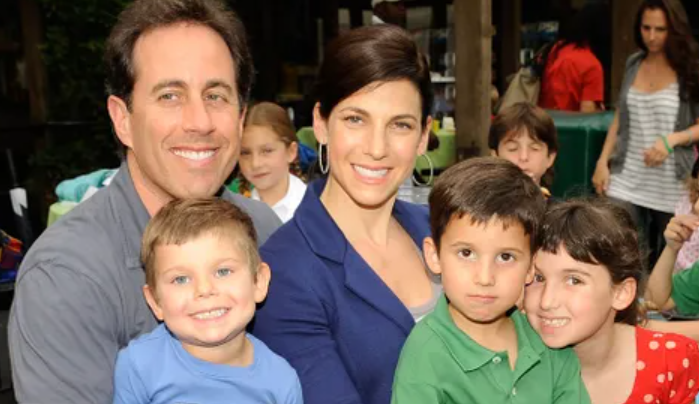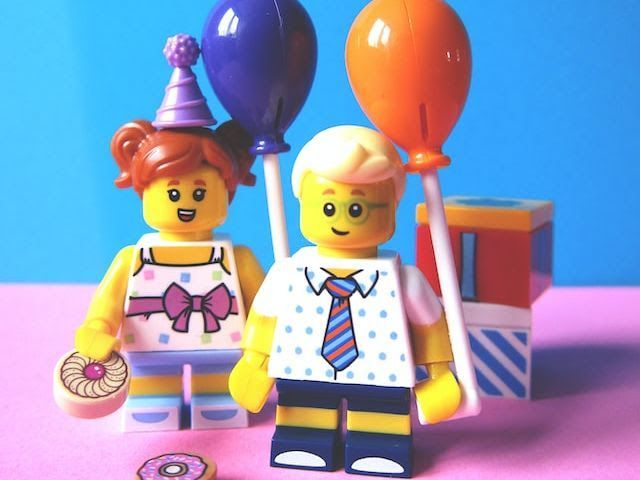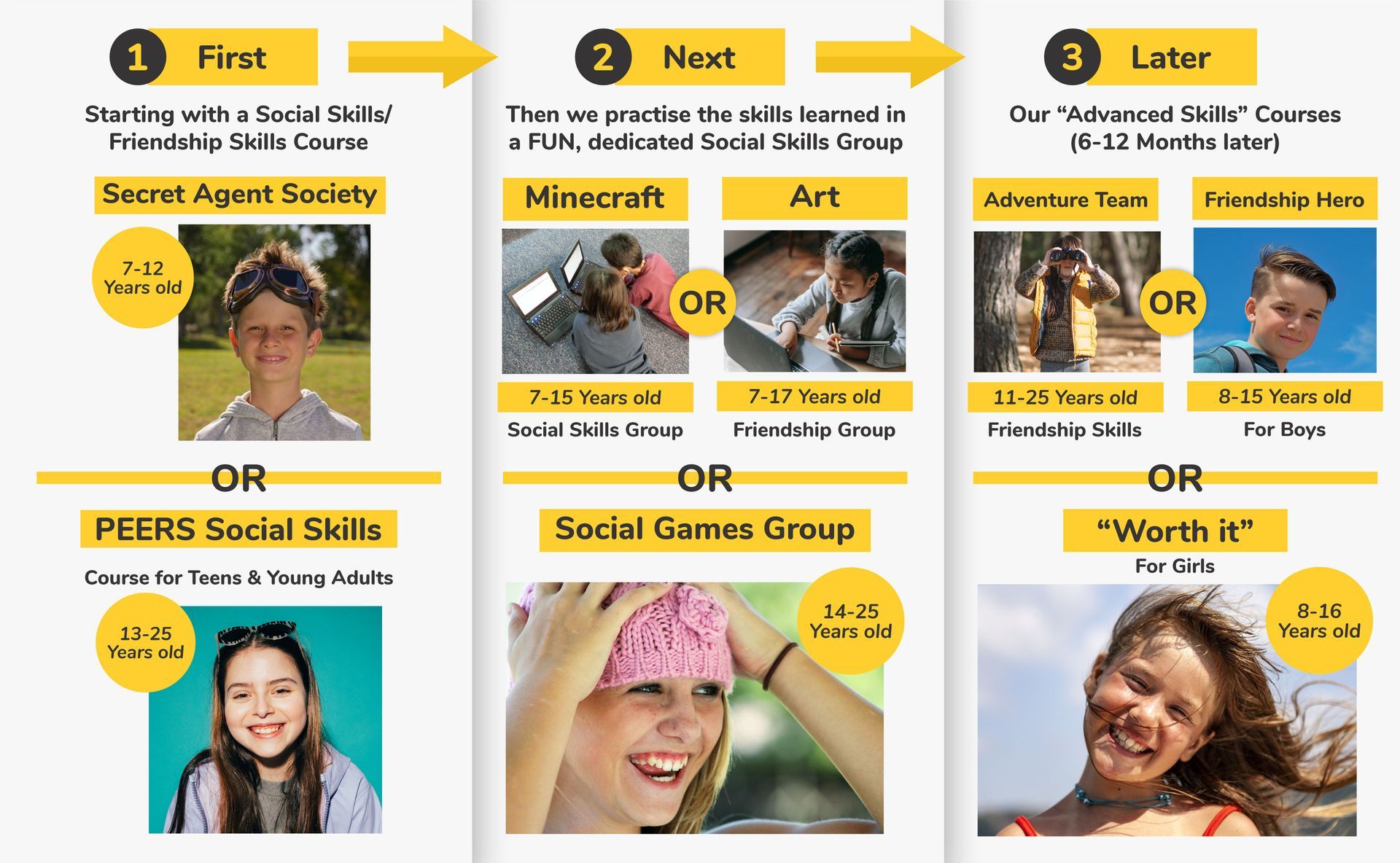AUTISM Tip: Helping Your Child Recognize The Difference Between ‘Playful Joking’ Vs ‘Actual Teasing’
“Was my friend just joking or was he trying to be mean to me?”

This is really challenging for children with Autism. However, there are clues we can look for. For example, if we don’t like what happened and we tell our friend “I didn’t like that,” do they respond by looking serious and saying “Sorry”, or do they respond by pushing us further and using a teasing/sarcastic voice? When people are playfully joking, but then told that you didn’t like it, they won’t tease us. They will stop.
PARENT HINT: You can support your child’s learning at home by having conversations at the dinner table or in the car about different scenarios and different ways to respond. Our children need to see that we may not know for sure what someone else’s motives are, but we can tell from their responses whether they are concerned for us or not.
Always remember that if you are taking a moment to read this, then clearly, you are a proactive parent and your child is lucky to have you. 😊
Michael Clark (Course leader for children & teens with Autism)
[NOTE: This is not original content - it’s taken straight from our social skills courses for children with Autism. www.amazingskills.com.au]









